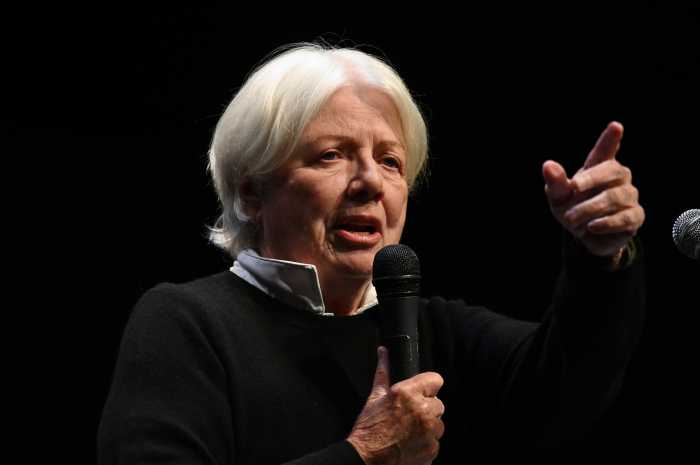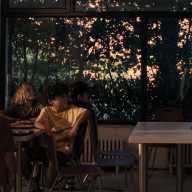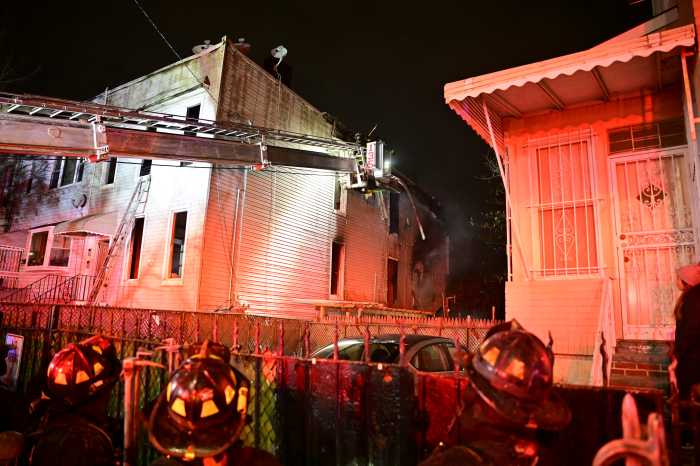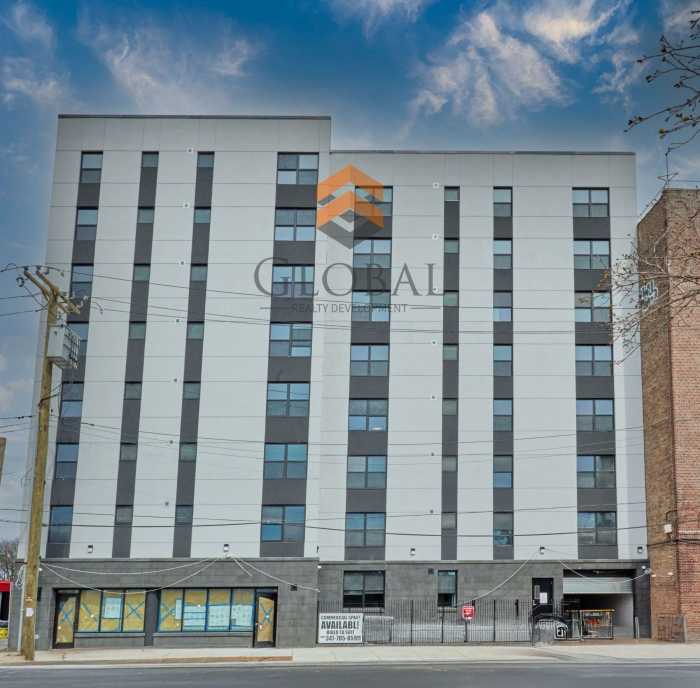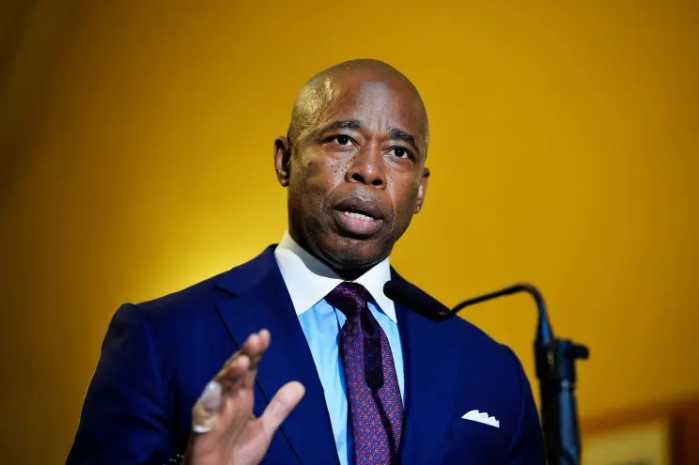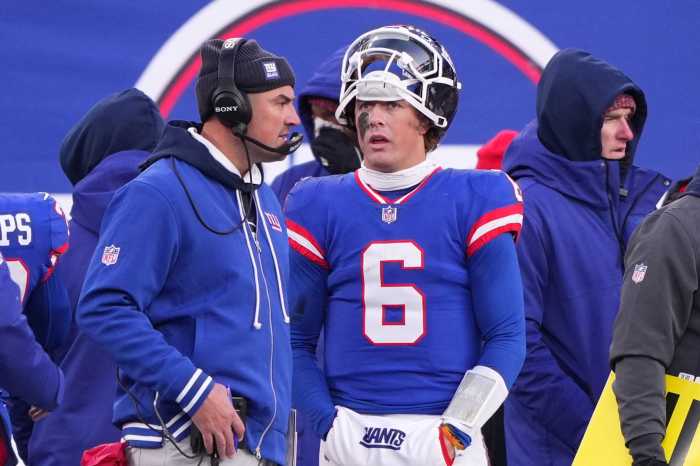Experts debate whether injunction is momentary setback or fatal blow to equality
It’s over. The eventuality that so many gays and lesbians seeking marriage equality feared happened last Thursday, March 11.
Until then the marble dome of San Francisco’s City Hall reverberated for 29 days, nearly every few minutes during business hours, with the cheers of wedding guests after yet another gay couple looked each other in the eyes, exchanged rings and said: “I thee wed.”
On the first day of this historic month, gay and lesbian rights pioneers Phyllis Lyon and Del Martin took their vows, after 51 years together. By day three, the marriage waiting line stretched around the block, a river of umbrellas glistening in the rain, while inside, tears of joy continued to flow.
On they came to be wed, the common folk and the famous.
On day 15, two days after President George W. Bush went on national television to endorse a constitutional amendment banning gay marriage, a throng stood in the rotunda and shouted their approved as Rosie O’Donnell and her new spouse, Kelli Carpenter, waved, flashed a peace sign to the crowd, and the Gay Men’s Chorus sang “San Francisco, Open Your Golden Gate.”
On day 23, San Francisco Mayor Gavin Newsom, the man who started it all, stood on the balcony overlooking the rotunda in front of television cameras and said he would abide by a California Supreme Court ruling stopping the marriages. The court’s injunction suspended the issuance of new marriage licenses to same-sex couples, while remaining mute on the legality of those licenses already issued.
By then, however, about 8,000 gay men and women pledged, for the first time in American history, to be “spouses for life.” Those vows stand, as newly-weds assert their determination to never back down from a backlash and legal experts prepare for trench warfare in the courts.
It’s quiet now in the cavernous municipal halls where a week ago the recorder’s office served as the incongruous backdrop as beaming couples in flowing white dresses, morning coats, and corsages posed for wedding snapshots. Now, the office is back to the mundane business of recording tax liens.
The gypsy video crews are gone. The flowers are gone. As stately and somber as a church, with its stark corridors and high ceilings, City Hall now seems like it could as easily accommodate a funeral as a wedding.
It’s all over but the suing.
During the four weeks of marriages, in the courthouse across the street from City Hall, the city’s lawyers fended off challenges from two anti-gay marriage groups. Two superior court judges ruled that no irrevocable harm was being done – and let the weddings continue as the cases progressed.
Two weeks ago, bowing to the political pressure exerted by Gov. Arnold Schwarzenegger, a Republican, the Democratic state Attorney General Bill Lockyer asked the Supreme Court to step in. Last Thursday, the high court did, and stopped the weddings, halted the existing court cases, and ordered the city to file a brief explaining how officials think they are not breaking California’s family code, which says that marriage is between a man and a woman.
That brief is due on Thursday, March 18, but the city’s lawyers plan to rely on a legal technicality that says Newsom shouldn’t be required to follow the state’s marriage law, and is in fact empowered to act on his own, since he interprets the state’s family code as unconstitutional, because the section of the state’s Constitution that says “agencies” must follow state laws (and not question their constitutionality) is in the section about state agencies, not municipal ones. In short, city lawyers say, Newsom isn’t an “agency,” he’s a mayor. It’s through this legal crack that the city hopes to squeeze and continue marrying gay couples.
Of course, Newsom’s opponents counter that the intent of the marriage code is for all parts of government, including individual members of the executive branch, to obey state statutes.
“The legal argument is dead-on correct…. A municipality should be able to take authoritative action to protect its citizens,” said Kate Kendell who leads the National Center for Lesbian Rights and is an attorney arguing on Newsom’s behalf. Kendell also concedes her argument is “a difficult claim.”
“We’ve got a fighting chance on this,” said City Attorney Dennis Herrera’s press secretary, Matt Dorsey. But at the press conference last Thursday, Newsom told reporters he expected there to be more setbacks.
The Supreme Court plans to hear oral arguments in the last week of May or the first week of June, and has said it will rule within 90 days after that.
Thus far, the high court has refused to address, at all, the issue that Newsom says is central to his actions: that the state’s marriage codes are discriminatory and violate the equal protection section of the state Constitution. In order to rule on that, a legal claim must be filed, which is precisely what the Supreme Court invited the city, or any other party, to initiate in a lower court.
The city took up the equal protection offer last Thursday, along with Equality California (the state’s gay rights lobby), a gay family group, Our Family Coalition, and several of the newly married couples. Those lawsuits will have to wend their way through a full trial and past the appellate level before appearing before the Supreme Court. “The fastest that that will happen is six to nine months – more likely a year,” said Kendell.
The high courts of four states, Massachusetts, Vermont, Hawaii, and Alaska, have all ruled that to prohibit gays from marrying is unconstitutional under their states’ respective constitutions. Subsequent to those rulings, Hawaii and Alaska amended their constitutions to ban same-sex marriages.
In California public opinion polls, gay marriage loses by a slim margin, but, many same-sex marriage proponents feel as does San Francisco’s gay state Assemblyman Mark Leno who said that “it’s not up to the people to decide civil rights.” At a candlelight protest in front of the Supreme Court the night that the justices issued the marriage injunction, Leno said that 74 percent of state residents supported a ban on interracial marriage in 1967 when the U.S. Supreme Court struck down miscegenation laws.
As to the roughly 4,000 marriages the city has already performed, the Supreme Court has not made a ruling.
“All…of us are still married, even though it may only last until May or June,” said Phyllis Lyon.
So, the marriage debate will probably move, for a while, from San Francisco to other places, like Benton and Multnomah Counties in Oregon, which have started granting licenses to same-sex couples, and certainly on to Massachusetts, which is set to begin doing the same on May 17. “This marriage thing is going to spread and spread and spread,” said Lyon, a septuagenarian pioneer in the fight for lesbian rights. “They’re not going to shut it down.”




